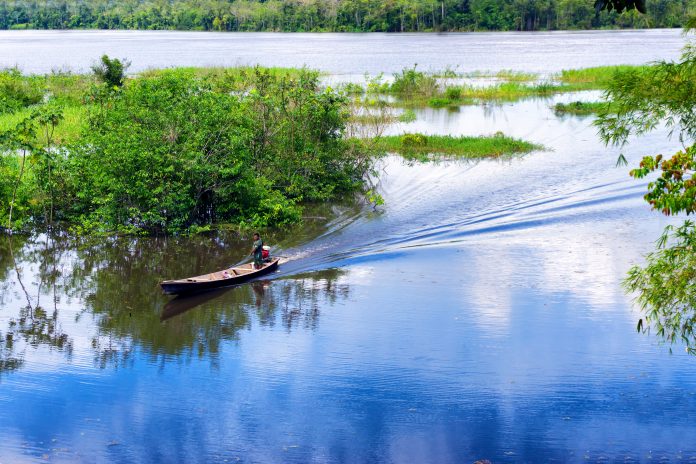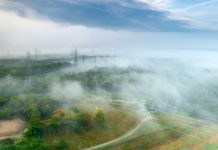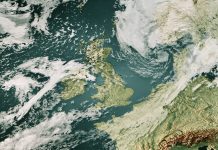The Articulation of Indigenous Peoples of Brazil (APIB) filed a case with the International Criminal Court (ICC), claiming that Brazilian President Bolsonaro has pushed “intentional anti-Indigenous policy” since 2019
The APIB, a coalition of Indigenous advocacy groups, filed the case with the Hague-based court on Monday (9 August). Now, the ICC will decide if it will prosecute the cases.
‘Crimes against humanity, genocide and ecocide’
Speaking to the Wilson Center, Eloy Terena, a lawyer, researcher, and Indigenous land rights activist, said: “We have been carefully following the scenario in Brazil since we have for the first time a president that is openly anti-Indigenous, and a conservative Congress allied with the congressional farm lobby (Frente Parlamentar da Agropecuária) which represents 44 percent of the representatives in the Chamber and the Senate.
“The Indigenous movement’s stance continues to be one of resistance towards proposals that are being made without consultation or consent of Indigenous peoples.”
He further explained that: “there are acts in progress in Brazil that constitute crimes against humanity, genocide and ecocide.”
The Amazon lost an area the size of Puerto Rico
Since President Bolsonaro came into office in 2019, there has been more deforestation legally allowed than previous years. In June, the Amazon lost an area the size of Puerto Rico.
When it comes to Indigenous groups who live in the Amazon, their rights and livelihoods are tied to their lands. President Bolsonaro has allowed mining and deforestation, in the name of economic advancement – which places these communities at high risk of infection and death, especially in the middle of a global pandemic.
‘They don’t have access to help’, says activist
When we interviewed Ed O’Donovan, Head of Protection at Front Line Defenders, he said: “We feel that Indigenous communities are now much more isolated. Despite situations of lockdown or curfew, land development activities have continued to take place in the community and left those people much more vulnerable than before, because they don’t have access to the help.”
When illegal mining in the Amazon rainforest happens, it is often perpetuated by organised crime groups. These groups are fixated on gold, illegally Indigenous territories and destroying local habitats in pursuit of extraction.
Mercury is used to extract gold, which then infects rivers and animals.
A recent study by the World Wildlife Fund (WWF) found that mercury has contaminated river fish that Munduruku communities in the Sawré Muybu territory rely on for their livelihoods. A study published in the International Journal of Environmental Research and Public Health in 2018 found that in some villages, 92% of residents had mercury poisoning.
The Indigenous case against President Bolsonaro has been building for years – but will it now pass into open court?











